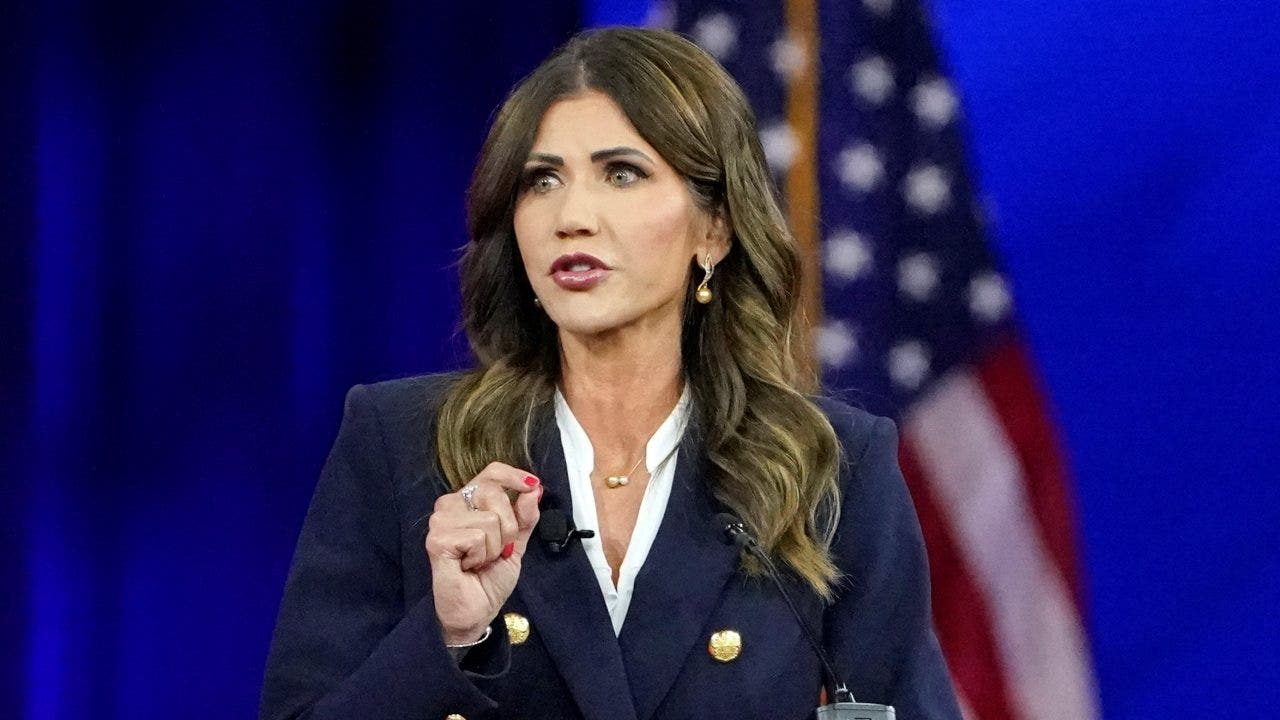Fears of a full-scale open war between Israel and Hezbollah have grown in recent weeks as exchanges of cross-border fire have intensified. Israeli officials have spoken publicly of shifting their military focus from Hamas to Hezbollah, a far more advanced and potent military threat.
Firas Maksad, a senior fellow at the Washington-based Middle East Institute, wrote on social media that there was still time for the key players to find a diplomatic solution. “The window for diplomacy is closing but not closed,” he said.
Mr. Blinken, speaking on Monday at the Brookings Institution, a nonpartisan think tank in Washington, said that Israel “has effectively lost sovereignty” near the border with Lebanon because Hezbollah attacks launched from across the border had driven much of the population from their homes. Some 60,000 Israelis have fled the area, many of whom have been living in Tel Aviv hotels for nine months. The fighting has also displaced tens of thousands of people from southern Lebanon.
Mr. Blinken said that he did not believe the key actors in the border conflict — Israel, Hezbollah and Iran — actually wanted to go to war, but he noted that that’s where the “momentum” of the clashes could lead. U.S. officials fear that such a conflict could force the United States to come to Israel’s defense.
“No one actually wants a war,” Mr. Blinken said. He said that Iran, a determined foe of Israel, “wants to make sure that Hezbollah’s not destroyed and that it can hold onto Hezbollah as a card if it needs it, if it ever gets into a direct conflict with Israel.”
“Absent doing something about the insecurity, people won’t have the confidence to go back,” Mr. Blinken said. Resolving the issue, he added, will require an agreement to pull back forces from the border.
Mr. Blinken noted that Hezbollah has said that if a cease-fire were reached in Gaza, it would stop firing into Israel. That “underscores why a cease-fire in Gaza is so critical,” he said. But the latest round of negotiations between Israel and Hamas appear deadlocked.
Mr. Hochstein has met in recent weeks with Israeli officials and also with Lebanese officials, who can pass messages to and from Hezbollah, in an effort to negotiate a Hezbollah pullback to a position far enough from the border to satisfy Israel. In return, Israel might withdraw from some disputed border areas, and the U.S. could provide economic assistance for southern Lebanon, analysts say.
Euan Ward contributed reporting.





